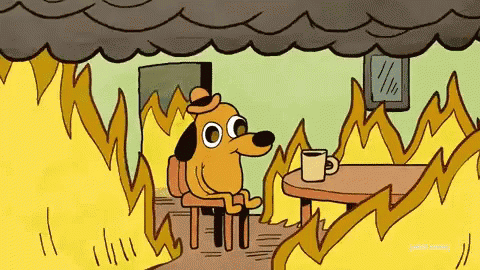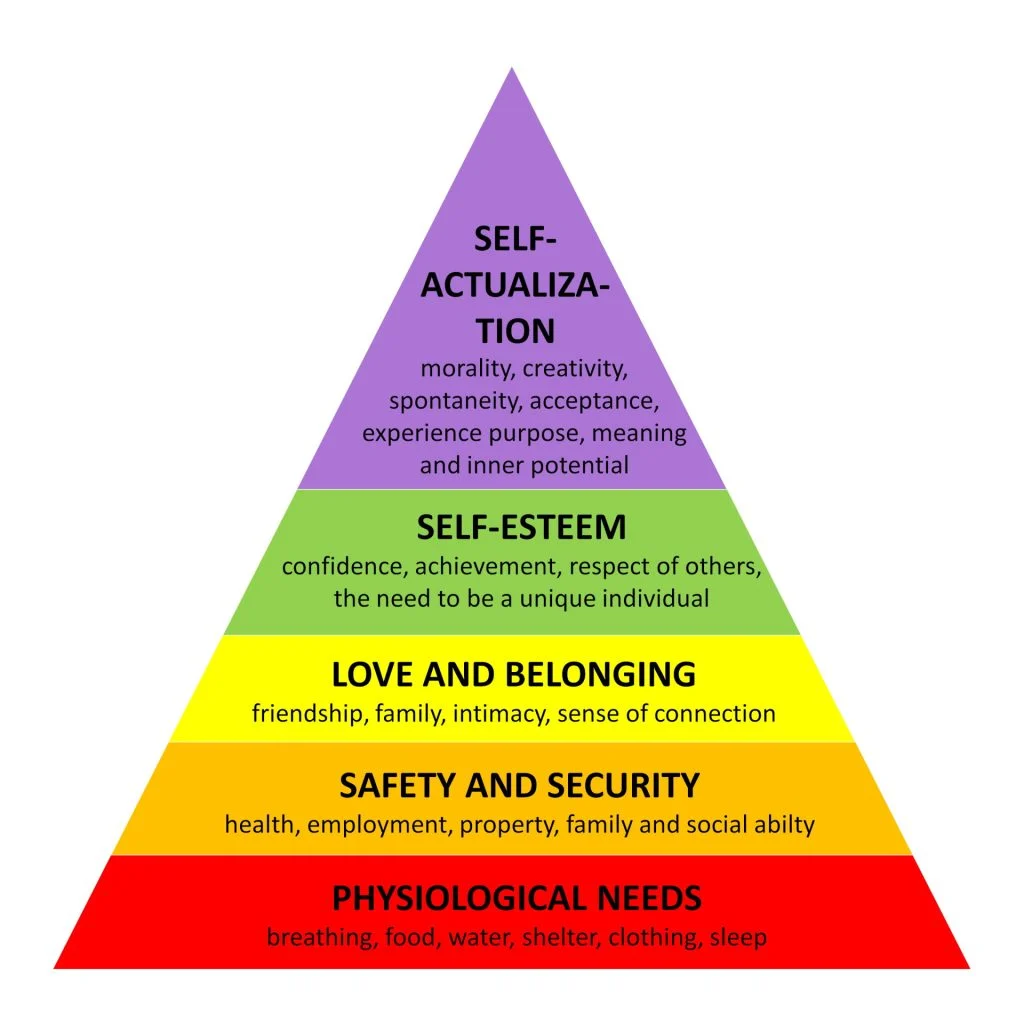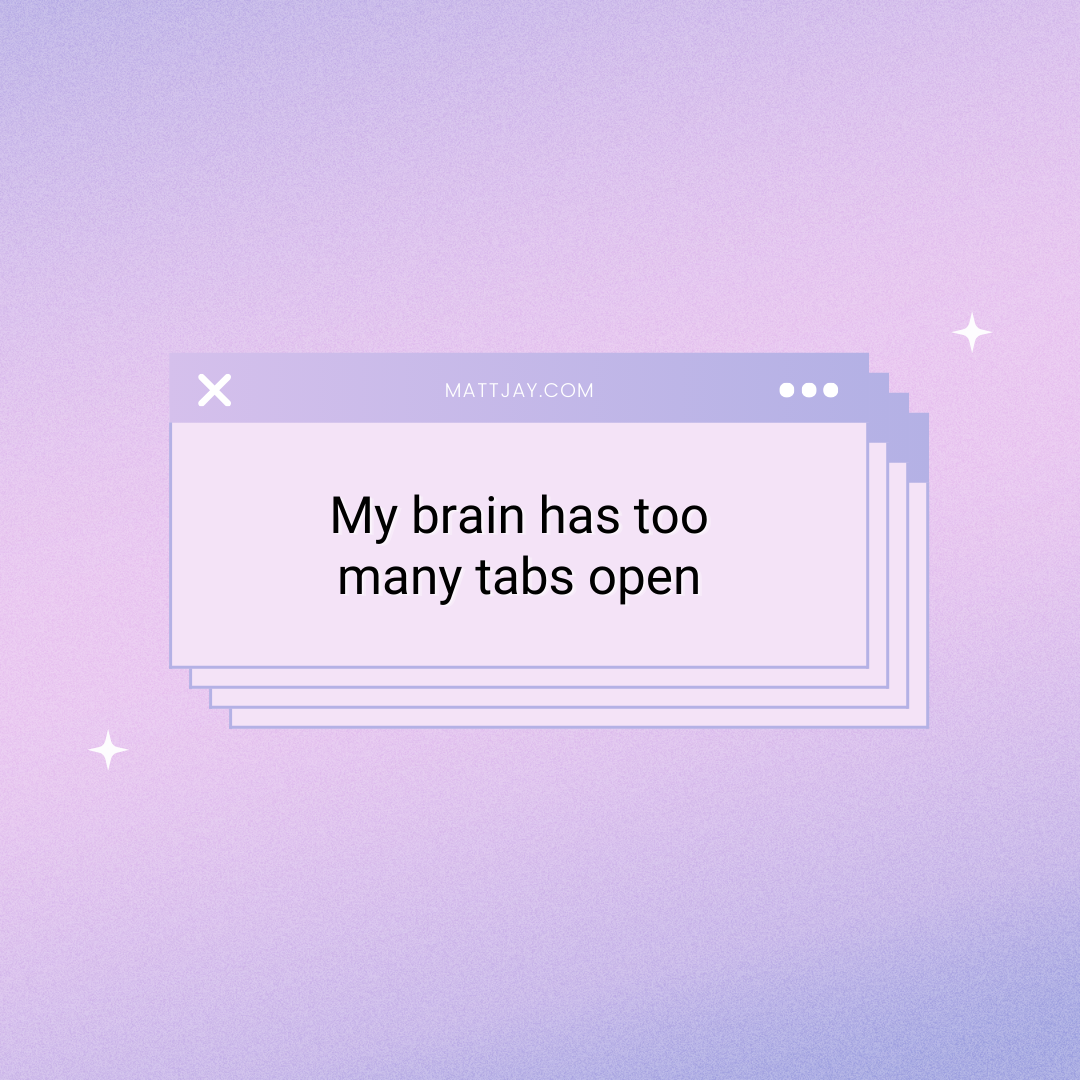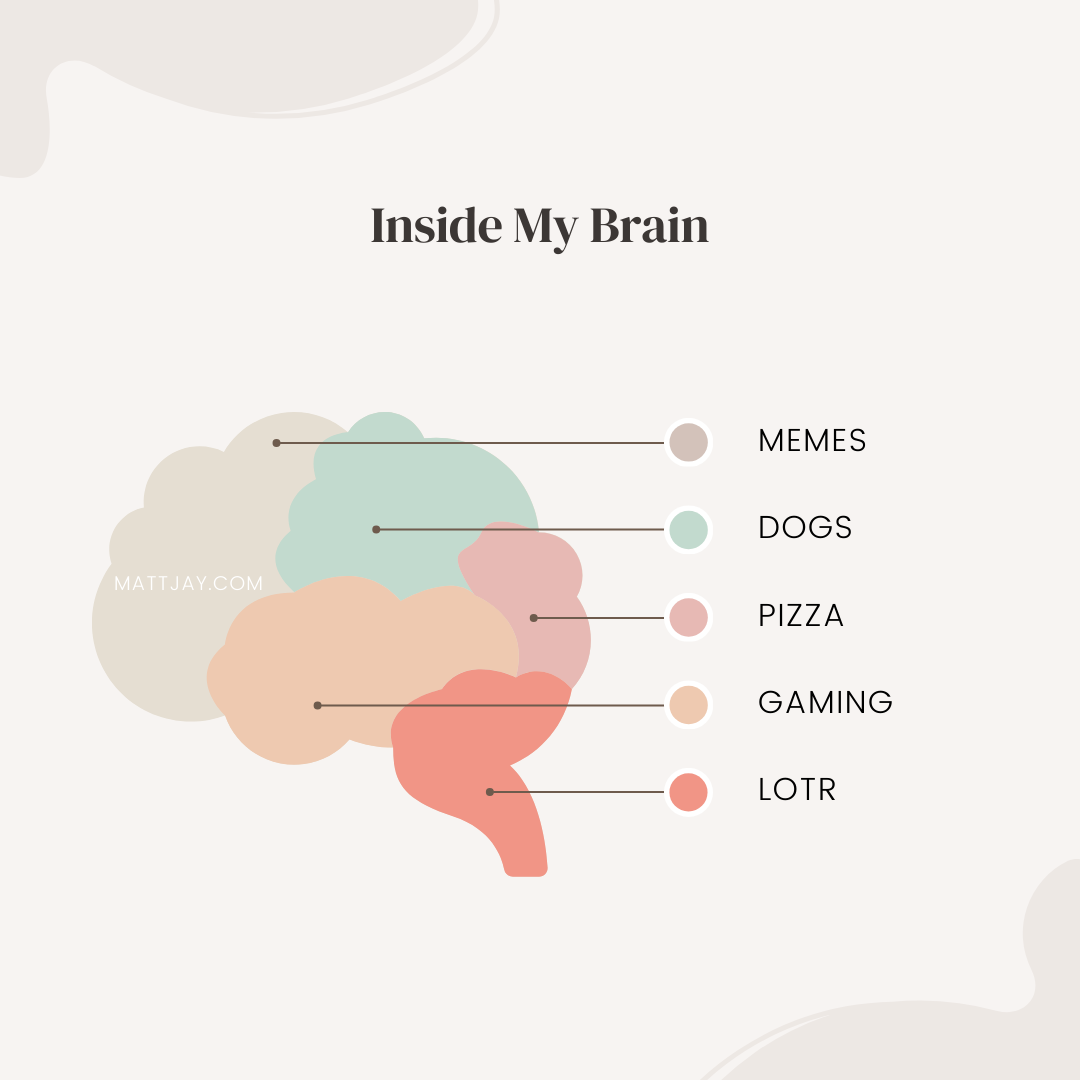There’s a lot of content out there about how to manage your stress in the moment. Really helpful ways to keep your body regulated in intense situations. The most common among them are taking deep breaths and counting to ten before you speak or respond to something activating.
As necessary as those things are, and trust me, I have to employ them all on a regular basis, I’m kind of sick of needing them so frequently. The stress is piling up these days. Friends and family are being laid off. It’s the season of the sickness, and my community is passing around every virus and bacteria you can think of. Plus, the standard: work is busy, side hustle is growing, house projects are backing up, and money is always a thing.

So, what am I supposed to do? Just keep… breathing? Ok, I can do that. Certainly better than blowing up on my partner or daughter. However, there must be more I can do to reduce stressful events or at least compound stress. Rather than stress relief/management - stress reduction.
Before I get into the strategies I’ve been using, an important note: obviously, some stressors are out of your control. This is why we keep our most useful coping skills at arm’s length, so we can access them when life deals a hand we didn’t expect.
Likewise, a person’s basic needs have to be met before taking to refining your nervous system playbook. Are your basic needs met? When I say basic needs, I mean:
- Food
- Water
- Clothing
- Sleep
- Shelter
- Healthcare
Have you heard of Maslow’s hierarchy? Essentially, it’s a theory that suggests a hierarchy of needs required for self-actualization. At the base of the pyramid are basic needs which he categorizes as physiological and safety needs. The study itself has been critiqued and challenged over the years for various reasons. While I’m not intent on determining whether or not the study was a success, perhaps I agree that not much else can happen when you are fighting for your life. Feeling stressed about work is almost a privilege when juxtaposed with someone battling addiction, living on the streets, or starving. Though, you don’t have to live in the most extreme situations to experience stress nor do you require that kind of justification to be taken seriously about how you are feeling.

Sidebar: If you answered no to any one of the basic needs, please ask for help. Find a therapist. Look up programs and resources. Tell someone who will listen. Navigating public support is not easy. My partner has devoted the majority of her career to supporting programs like these, and with many of them underfunded and understaffed - spreading the word about their offerings can be tough. They are out there, though. That’s your only job today. If you’re reading this - you are not alone, and you’re not doing it wrong - it’s just that hard sometimes.
It might also be worth mentioning that I fully understand there are systems in place that make access to those basic needs really difficult for some people or some groups of people. It’s not lost on me, but it’s also not the point of connecting with you today. So let’s save that conversation for another day, perhaps with someone better suited to address those issues. I am, after all, a barely functioning adult with major depression, severe anxiety, and mildly inappropriate humor that keeps me afloat.
We all know at this point how important having your basic needs met is to overall health and happiness. Similarly, I think most of us have heard the usual suspects in stress management/relief. Here are some:
- Deep breaths
- Meditation
- Yoga/Exercise
- Hugs
- Taking a walk
- Distraction
- Therapy
- Healthy Boundaries
The list goes on. If you haven’t heard of some of these as effective tools to manage your anxiety, try them! They are all quite useful, actually, in their own ways. With tons of science to back them all up.
Established by now are basic needs being met and a slew of coping strategies to help calm the nervous system in periods or situations of intensity. Beyond that, I have a few strategies for how I combat the never-ending number of brain tabs open that make me want to run and hide. These aren’t everyday tools for relieving stress at the moment (like deep breathing, going for a walk, or meditating). I’m talking about systems you can put in place to reduce the frequency, intensity, and duration of a stressful life. Well, it’s my stressful life anyway, but I’m hoping you find value in them, too.

As I mentioned earlier, stress is sort of a constant. Currently, my life has many stressors. They aren’t long-term, but for now, it is brain overload. So, I’ve been slowly integrating new systems that help satisfy the responsibilities, deliverables, and expectations in life. Pro tip: don’t expect everything you try to work. Expect that most things will fail. But when something comes along that works - the energy spent will have been worth it. Here are mine (so far), in no particular order.
Strategy #1: Close the Loop
Full disclosure: I haven’t tried this one out for long. Data is limited, but I’m including it because it just might be a game changer.
In a conversation with my nutrition and weight lifting coach, he asked me about my stress level - given its impact on so many things like quality of sleep, muscle repair, etc. I shared the aforementioned, and his response was something I had never heard of before. “Friday after lunch I dedicate a few hours to ‘close the loop’. Any of those little things that pile up that I just can’t get to between meetings and workouts and playing with my kid, I leave for that chunk of time later in the week.” It’s inspiring, really, isn’t it? Have to run to the post office, but can’t seem to switch gears? Loose ends on some things at work? Have to call the landscaper? Bring Christmas decor back to the storage unit? The beauty is you can say, “I’ll get to that later,” and actually mean it! You can guilt-free put things off until it’s time to close the loop.
This helps two fold - you are constantly clearing your plate of the little pile ups AND you can free yourself of getting hung up on things you’re ignoring on a busy Wednesday afternoon since you know you have a block of time later in the week to handle it.
Strategy #2: Bake it in
In a recent blog https://www.mattjay.com/blog/the-day-i-stopped-fighting, I talked about how I stopped rejecting my body’s natural response to stress and started baking in the downtime. All the nitty-gritty details of this approach are in there. It’s been strange, but helpful.
This isn’t super helpful in the moment of a major stress event. If you’re feeling the stress symptoms in a given day, knowing you have a chill day that weekend won’t help much. But I still find this super useful as a psychological and phsyical reset button to give yourself the space to just exist without responsibility for a bit.
Strategy #3: Delegate
What is on your plate, but doesn’t have to be done by you? Let’s use the Vulnerable U newsletter I write each week, for example. I want to grow that community. I love that newsletter and each of my 10K+ subscribers. Growth is the goal, but I don’t have to be solely in charge of it. I hired that job out, and it’s been a dream. Book recommendation on this topic - Buy Back Your Time - https://www.goodreads.com/en/book/show/60880804
Delegating can also look like simply asking for help. But not just “help me!” - more like determining what needs to get done, but doesn’t require I am the person to do it. We’ve had some house projects back up, and while it felt hard to do so, we asked some family for support. We just couldn’t get our heads above water long enough to take care of those mundane tasks. They were happy to help. Truly. It’s amazing what a community can do for one another.
Strategy #4: Evaluate
When the stress has passed, and you find yourself regulated and calm, this is the time to reflect. It’s not amidst chaos, crisis, and stress that we will be able to see clearly. So once the storm has passed, consider what strategies are working for you and which coping skills serve you best. What pieces of your life give you energy, and where is your biggest drain? This is the time to talk it out and learn from your experiences. Evaluating your approach to stress management and relief will only serve you the next time something comes up. And inevitably, you start to fade out the strategies that don’t work for you and stick to the ones that have a real impact.
You’ll notice some strategies I didn’t mention that used to be go-tos for me, and I know some folks reading this still lean on Booze, Xanax, and other chemicals. While I’m not hating on all drug-based approaches, it is a slippery slope when you start looking to chemistry to help here. Tread carefully and with guidance! Be honest with yourself if you think this has gone too far. Is it “a beer to take the edge off,” or is it “a bottle of wine every night to unwind is normal?”
And that’s it, really. I’ve simply spent many many moons trying new things and wanted to share with you the realistic things that have been the most supportive in my efforts to tolerate stress. Maybe my strategies will work for you, and maybe they won’t. This is a highly individualized process. We aren’t unique in many ways - including that we are subject to experiences that elevate the heart rate, shooting our cortisol levels through the roof.
But we are unique individuals, and what works for someone might not work for the person next to them. So I encourage you to start paying attention to yourself in the ways that are productive and healthy. Today we don’t say, “I can’t believe this is happening again.” Maybe today, instead, we say, “I’ve been through this before, and I know how to handle this.”
Can you outsource that responsibility? Can you make space to do it nightly, weekly, or monthly so that it doesn’t loom over you? So when it pops up in your head, you can say, “I’ll handle that later,” and mean it because you already made time to close the loops. Can you stop resisting things that occur naturally for you, thus reducing the time and energy spent on trying to make them not true? Notice where you have some control and start there. Let me know if you try any of my strategies and if they work or don’t work for you! May your brain be this in the near future:





